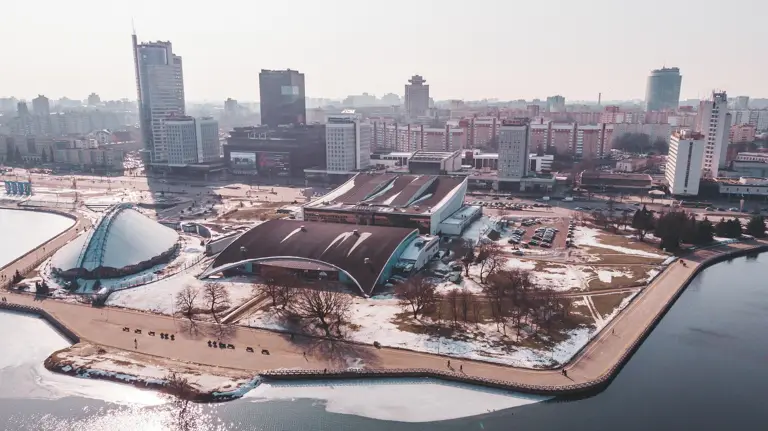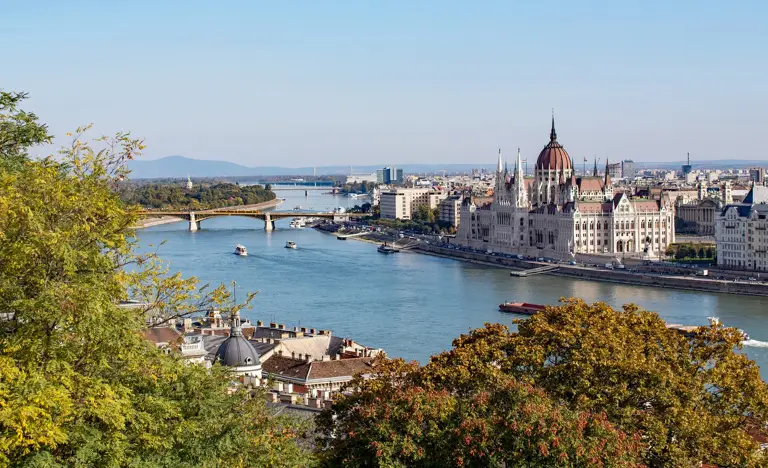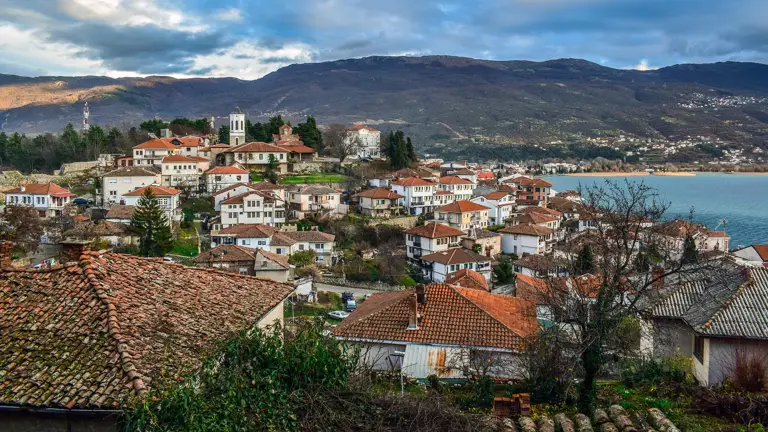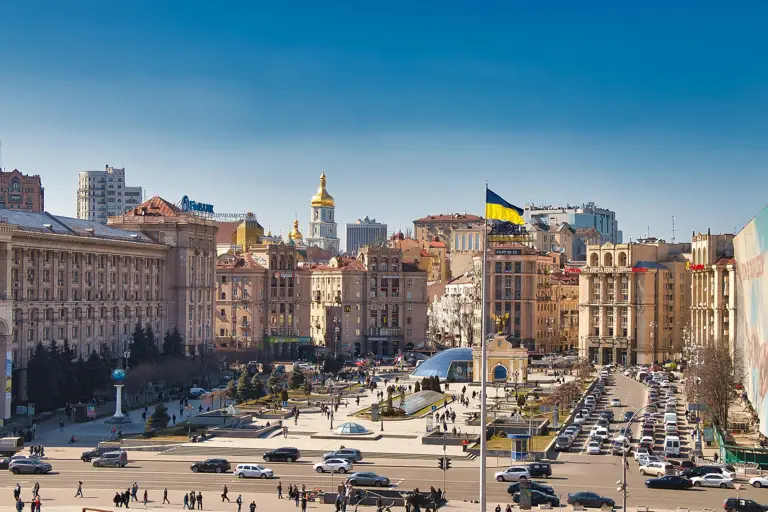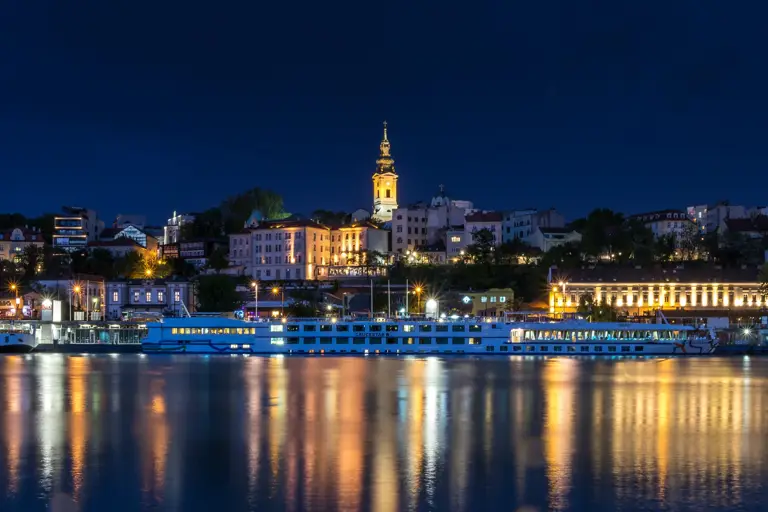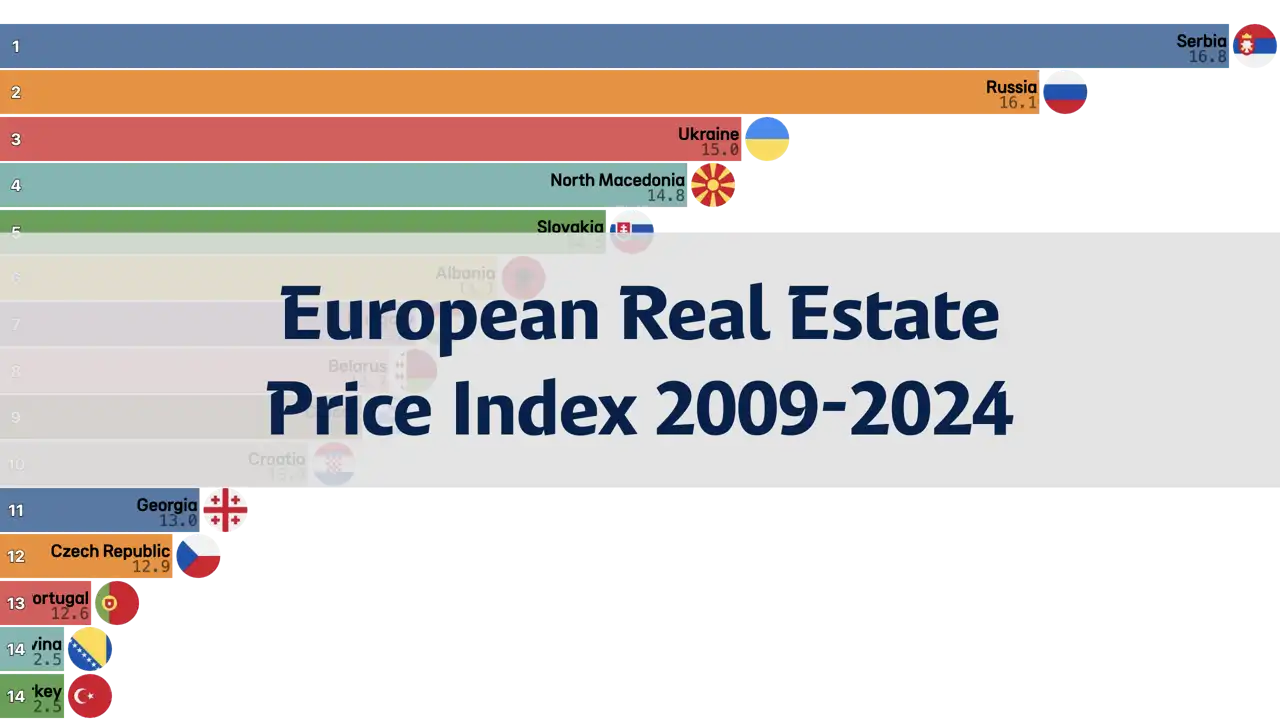
2024 European Real Estate Price Index: Where Can You Afford to Buy a Home?
- ASUMUP
- Economy
- September 3, 2024
The 2024 European Real Estate Price Index has brought some fascinating insights into the property market across the continent. The index, which measures how many years of savings it would take to buy a home if you saved all your income, highlights the affordability of real estate in different countries. Traditionally, countries in Western Europe have dominated the rankings, with high real estate prices in cities like London, Paris, and Berlin. However, this year's index reveals that several countries in Eastern and Southeastern Europe are now leading in terms of affordability. These changes reflect the shifting economic landscape, the impact of foreign investments, and the varied demand for housing in these regions. In this post, we will delve into the top 10 countries in Europe where real estate is relatively more affordable based on the 2024 index.
Top 10 European Real Estate Markets in 2024!
- 1st Serbia - 16.8 years
- 2nd Russian Federation - 16.1 years
- 3rd Ukraine - 15.0 years
- 4th The former Yugoslav Republic of Macedonia - 14.8 years
- 5th Slovakia - 14.5 years
- 6th Albania - 14.1 years
- 7th Hungary - 13.8 years
- 8th Belarus - 13.7 years
- 9th Greece - 13.6 years
- 10th Croatia - 13.4 years
10th Croatia - 13.4 years
Croatia rounds out the top ten on the 2024 real estate price index, with it taking an average of 13.4 years to save enough for a home. The Croatian real estate market has seen significant growth in recent years, fueled by the country’s appeal as a tourist destination and its integration into the European Union. Coastal areas, particularly along the Adriatic Sea, have seen a surge in property prices, driven by demand from both local buyers and foreign investors. However, despite these increases, Croatia still offers affordable options, especially in inland areas and smaller towns. The country’s strong tourism sector and ongoing infrastructure development continue to support the real estate market.
9th Greece - 13.6 years
Greece comes in ninth on the 2024 real estate price index, where it takes 13.6 years of income to save for a home. The Greek real estate market has been recovering steadily from the financial crisis of the 2010s, with increasing interest from both domestic buyers and international investors. Popular tourist destinations such as Athens, Crete, and the islands have seen a surge in demand for properties, driven by the appeal of Greece’s rich history, stunning landscapes, and favorable climate. While property prices in these areas have risen, Greece still offers relatively affordable options, particularly in less tourist-heavy regions. The Golden Visa program, which offers residency to foreign property buyers, has further boosted the real estate market.
8th Belarus - 13.7 years
Belarus ranks eighth on the 2024 real estate price index, with an average of 13.7 years needed to buy a home. The Belarusian real estate market has remained relatively stable despite the country's political and economic challenges. Property prices in Belarus are among the lowest in Europe, particularly in comparison to neighboring countries like Poland and Lithuania. Minsk, the capital, offers a mix of Soviet-era buildings and new developments, with prices that remain accessible to many buyers. The government's efforts to attract foreign investment and stimulate economic growth have also had a positive impact on the real estate market, although the political climate remains a significant factor for investors to consider.
7th Hungary - 13.8 years
Hungary, with a price index of 13.8 years, ranks seventh in 2024. The Hungarian real estate market has been steadily growing, driven by both domestic demand and foreign investment. Budapest, the capital, remains a popular destination for international buyers, thanks to its historic charm, vibrant culture, and relatively affordable property prices. However, the rise in demand has led to increasing prices in urban areas, though Hungary still offers affordable options in its rural regions. The government’s policies to stimulate the housing market, including subsidies for first-time buyers and tax incentives, have also contributed to the growth of the real estate sector in Hungary.
6th Albania - 14.1 years
Albania ranks sixth on the 2024 index, requiring an average of 14.1 years to save for a home. The Albanian real estate market has been gradually opening up to international investors, attracted by the country’s Mediterranean coastline, affordable prices, and the potential for future growth. Tirana, the capital, has seen a surge in new developments, catering to both local demand and foreign interest. The government's efforts to improve infrastructure and promote tourism have also had a positive impact on the real estate market. Despite these developments, property prices in Albania remain low compared to many other European countries, making it an attractive option for those looking to invest in a relatively underexplored market.
5th Slovakia - 14.5 years
Slovakia comes in fifth on the 2024 real estate price index, where it takes 14.5 years of saving to afford a home. The Slovakian real estate market has seen steady growth in recent years, fueled by a strong economy and increasing foreign investments. Bratislava, the capital, has been at the center of this growth, with rising demand for both residential and commercial properties. However, despite the increasing property prices in urban areas, Slovakia still offers relatively affordable options, especially in rural regions. The country’s strategic location in Central Europe, combined with its economic stability, makes it an attractive market for both local buyers and international investors.
4th The former Yugoslav Republic of Macedonia - 14.8 years
The former Yugoslav Republic of Macedonia, now officially known as North Macedonia, ranks fourth with a real estate price index of 14.8 years. The country's property market is characterized by its affordability, particularly in comparison to its Balkan neighbors. Despite its small size, North Macedonia has been attracting increasing interest from foreign investors, drawn by the combination of low property prices and the country's strategic location in Southeast Europe. The capital, Skopje, offers a mix of modern and traditional housing options, with prices that remain accessible to a wide range of buyers. Economic reforms and an improving business climate have further enhanced the appeal of North Macedonia as a destination for real estate investment.
3rd Ukraine - 15.0 years
Ukraine is third in the 2024 index, with it taking approximately 15.0 years of income to buy a home. The country’s real estate market has shown remarkable resilience and recovery, especially considering the recent conflicts in the region. While the war in Ukraine has significantly impacted the economy and housing sector, reconstruction efforts and foreign aid have helped to stabilize the market. Property prices in Ukraine, particularly in areas less affected by conflict, remain affordable, making it an attractive option for both local buyers and foreign investors looking for opportunities in emerging markets. The ongoing rebuilding efforts are expected to continue supporting the housing market in the coming years.
2nd Russian Federation - 16.1 years
The Russian Federation ranks second on the 2024 index, with an average of 16.1 years needed to save enough to buy a home. Despite ongoing geopolitical challenges and economic sanctions, Russia's real estate market remains resilient. Major cities like Moscow and St. Petersburg have seen a steady demand for properties, while rural areas offer even more affordable options. The Russian government’s efforts to stabilize the economy, coupled with the demand for residential and commercial spaces, have kept property prices in check. However, the regional disparities within Russia are significant, with some areas offering real estate at a fraction of the cost compared to the more expensive urban centers.
1st Serbia - 16.8 years
Topping the 2024 European Real Estate Price Index is Serbia, where it takes an average of 16.8 years of saving all income to afford a home. This result places Serbia as the most affordable country in Europe for real estate in 2024. The Serbian real estate market has been buoyed by relatively low property prices and a growing economy, which has attracted both domestic and foreign buyers. While urban centers like Belgrade are seeing rising demand, the overall affordability remains appealing, particularly for those looking to invest in a rapidly developing market. The country’s economic growth, driven by technology and manufacturing sectors, further supports its strong performance in the real estate sector.
Other Posts in the Economy
Categories
- National Rankings(43)
- Science & Technology(1)
- Sports(24)
- Economy(30)
- Society(12)
- Culture(7)
Recent Posts
![Bayern Spent HOW MUCH on Harry Kane?! Ranking Their Top 10 Biggest Signings Ever]() A deep dive into Bayern Munich's ten most expensive transfers, exploring how the club's spending strategy has evolved to chase European glory.
A deep dive into Bayern Munich's ten most expensive transfers, exploring how the club's spending strategy has evolved to chase European glory.![Arsenal's Record-Shattering Spree: From a €116M Gamble to a Flop, Who Was Worth the Cash?]() A deep dive into Arsenal's top 10 most expensive signings, analyzing the successes, the failures, and the massive fees that have defined the club's modern transfer strategy.
A deep dive into Arsenal's top 10 most expensive signings, analyzing the successes, the failures, and the massive fees that have defined the club's modern transfer strategy.![Chelsea Cashes In BIG TIME! Who Really Won the 25/26 Summer Transfer Window Money Game?]() A deep dive into the top 10 clubs that made the most money from player sales during the wild 25/26 summer transfer window.
A deep dive into the top 10 clubs that made the most money from player sales during the wild 25/26 summer transfer window.![Liverpool's Record-Breaking €483M Spree! Did They Just Buy the Premier League Title?]() A deep dive into the 25/26 summer transfer window reveals Liverpool's record-breaking spending spree as Premier League clubs continue to dominate the market.
A deep dive into the 25/26 summer transfer window reveals Liverpool's record-breaking spending spree as Premier League clubs continue to dominate the market.![You Won't Believe How Much a Loaf of Bread Costs in These Countries! (Spoiler: It's INSANE)]() This post explores the top 10 countries with the most expensive bread, revealing how factors like import reliance and tourism dramatically inflate the cost of this basic staple.
This post explores the top 10 countries with the most expensive bread, revealing how factors like import reliance and tourism dramatically inflate the cost of this basic staple.



